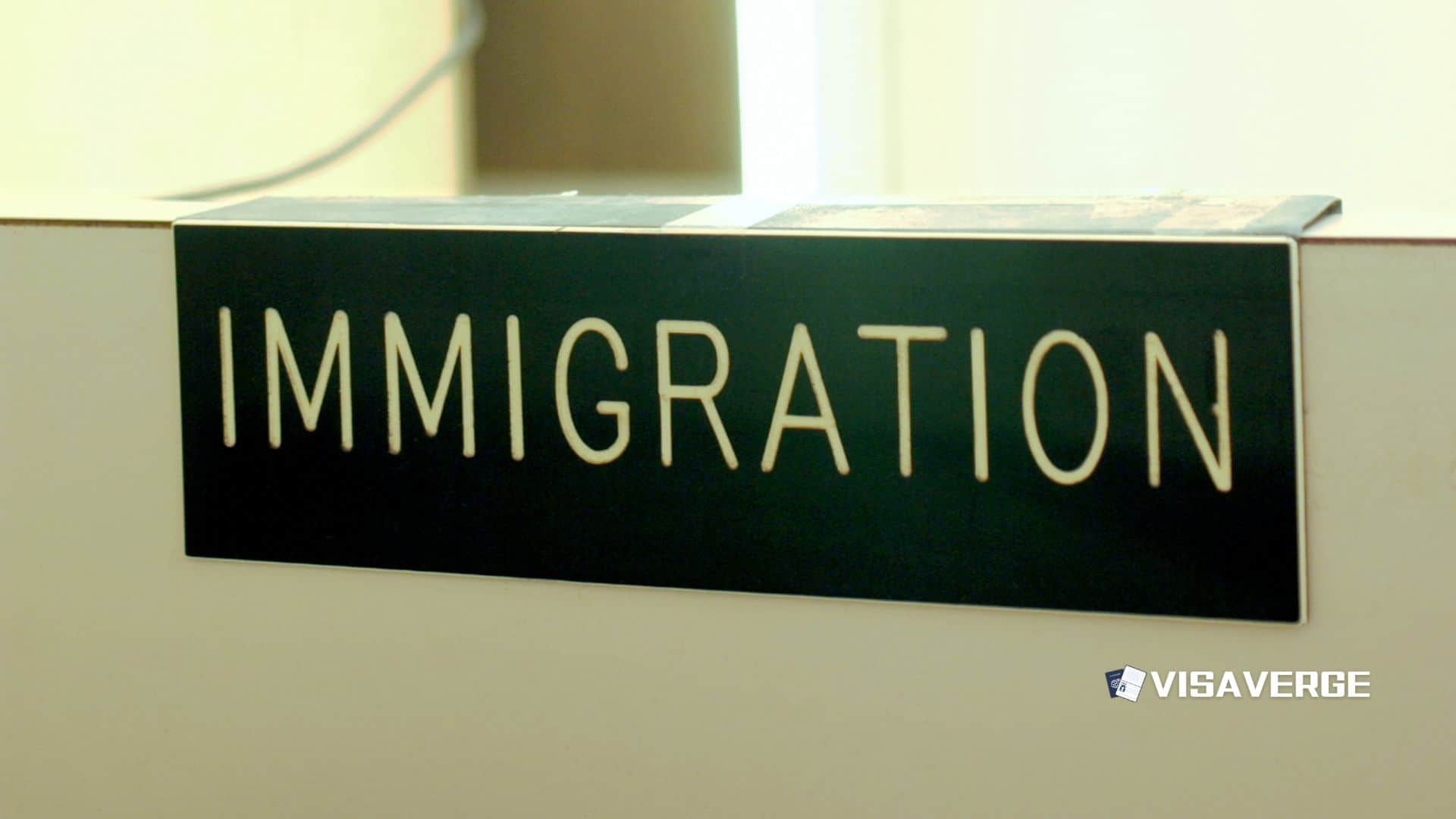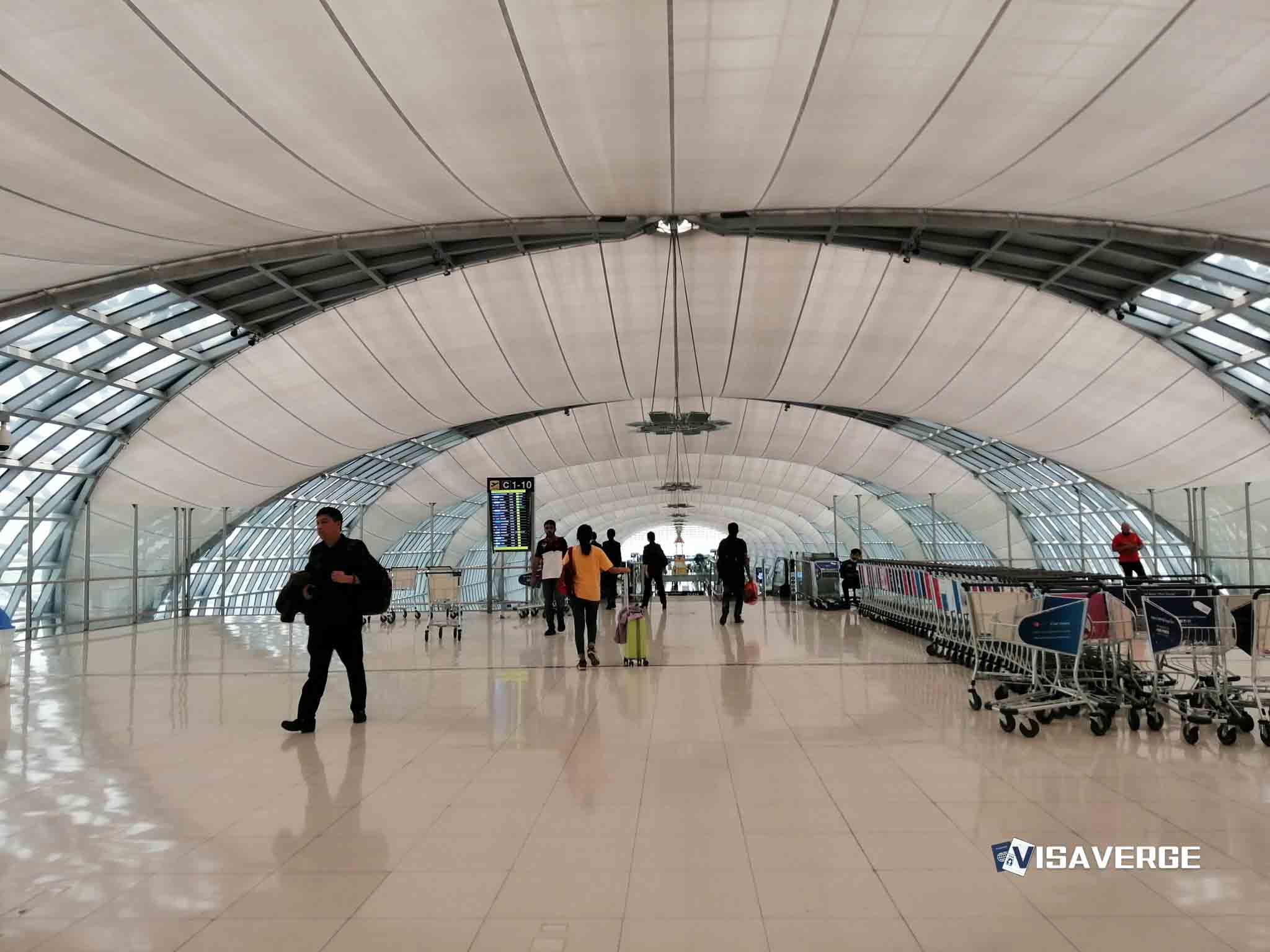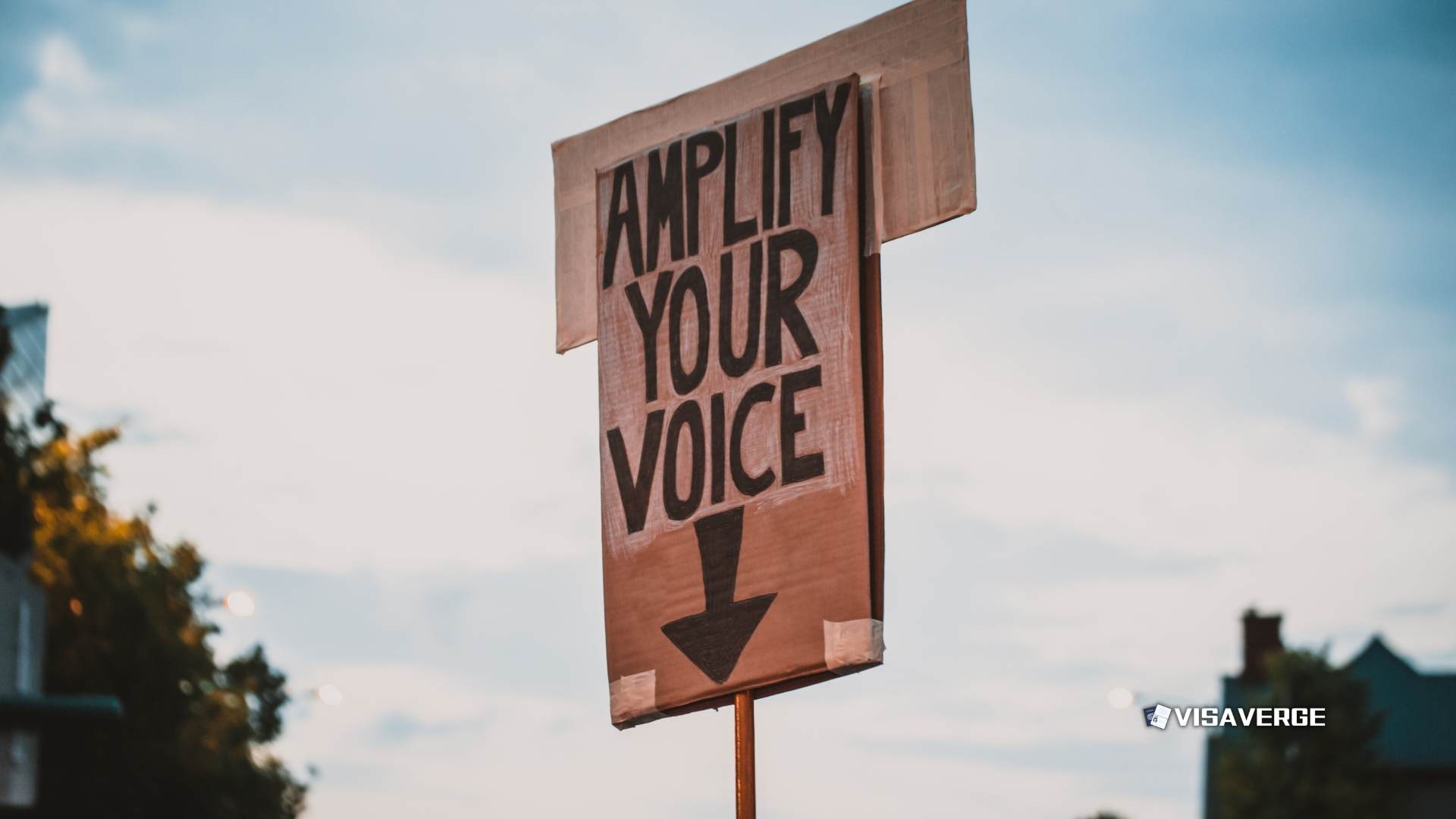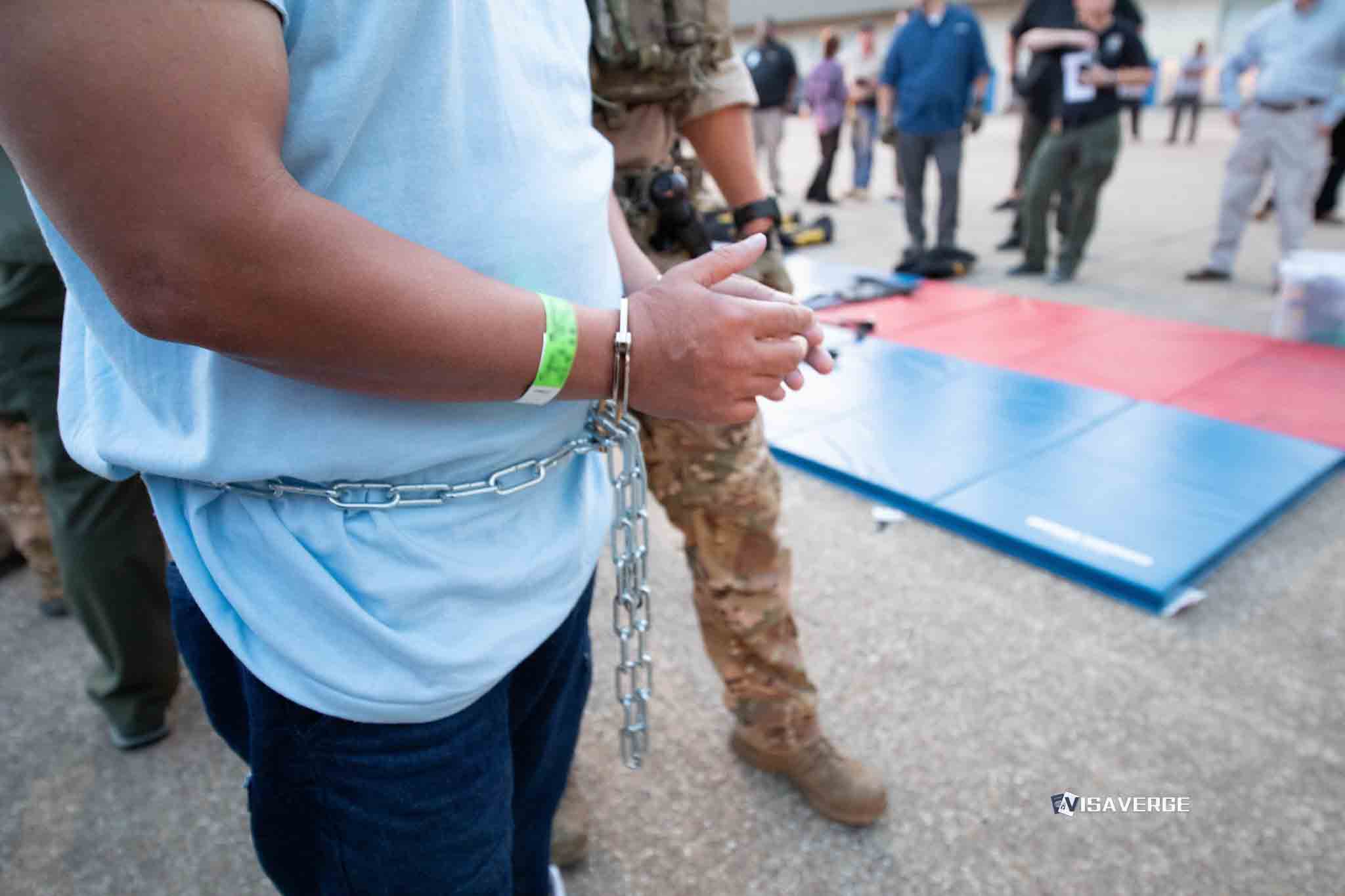Key Takeaways
• In May 2025, Trump launched an expedited refugee program exclusively for Afrikaners from South Africa.
• Policy justified by ‘White genocide’ claims rejected by South African officials and liberal Afrikaners.
• Afrikaner asylum seekers get fast-track review and protected status to live and work in the U.S.
The Trump Administration’s Expedited Refugee Program for Afrikaners: Policy, Controversy, and Realities
Who, What, When, Where, Why, and How

In May and June 2025, the Trump administration in the United States 🇺🇸 launched a new, expedited refugee program specifically for Afrikaners, the White ethnic minority group in South Africa. This move was justified by President Trump and his advisers using the controversial claim of “White genocide”—the idea that White South Africans, especially Afrikaners, are being targeted for violence and discrimination. The first group of Afrikaner asylum seekers has already arrived in the United States 🇺🇸, with more expected to follow. However, this policy has sparked debate both in South Africa and internationally, with liberal Afrikaners, South African officials, and mainstream analysts strongly rejecting the genocide narrative.
Background: The White Genocide Narrative and Its Critics
The term “White genocide” refers to the claim that White South Africans, particularly Afrikaners, are victims of systematic, racially motivated violence and government neglect. This idea has been promoted by some right-wing groups and has gained attention in international media, especially in the United States 🇺🇸. President Trump and his adviser Elon Musk, who has Afrikaner heritage, have both spoken publicly about these concerns.
However, most South Africans, including many liberal Afrikaners, reject this narrative. They describe themselves as “privileged” and point out that while South Africa’s crime rate is high, violence affects all groups, not just Whites. According to analysis from VisaVerge.com, there is no statistical evidence that White South Africans are being targeted for racial reasons at a rate higher than other groups. The South African government, led by President Cyril Ramaphosa, has also pushed back against these claims, stating that there is no policy or pattern of targeting Whites.
Policy Shift: Expedited Refugee Status for Afrikaners
The Trump administration’s new policy is a significant change from previous U.S. refugee practices. While the refugee admissions process has been largely halted for most groups, Afrikaners now receive expedited consideration under a special program. Secretary of State Marco Rubio defended this selective approach in Congress, saying that the United States 🇺🇸 has the right to “pick and choose” who is allowed entry.
Key Steps for Afrikaner Asylum Applicants
Afrikaners seeking asylum in the United States 🇺🇸 under this program follow a specific process:
- Application Submission: Applicants file for asylum, citing violence and discrimination in South Africa. They must provide personal stories and supporting documents.
- Expedited Review: Under the Trump administration’s directive, these applications are reviewed more quickly than others.
- Approval and Relocation: If approved, applicants receive protected status, allowing them to live and work in the United States 🇺🇸.
- Community Support: Many new arrivals rely on Afrikaner expatriate networks for help with housing, jobs, and adjusting to life in a new country.
For official information on the refugee and asylum process, applicants can visit the U.S. Department of State – Refugee Admissions.
Why the Policy Is Controversial
This policy has drawn criticism for several reasons:
- Lack of Evidence: Mainstream human rights organizations and South African crime experts find no proof of racially targeted genocide against Whites. While farm attacks and violent crime are real problems, they affect all South Africans.
- Ideological Motivation: Critics argue that the policy is driven more by political beliefs and alliances than by humanitarian need.
- Impact on U.S. Refugee System: Some worry that giving special treatment to one group undermines the fairness and credibility of the U.S. refugee system.
- Diplomatic Tensions: The South African government has strongly opposed the genocide claims, leading to strained relations with the United States 🇺🇸.
What Liberal Afrikaners Say
Liberal Afrikaners, who often hold more progressive views on race and politics, have been vocal in rejecting the White genocide narrative. Many say they still enjoy significant privilege in South Africa, especially in terms of land ownership and economic power. White South Africans make up about 7% of the population but own more than half of all farmland. Liberal Afrikaners emphasize that crime in South Africa is a problem for everyone, not just Whites, and that focusing on race distracts from the country’s broader challenges.
Supporting Details and Stakeholder Perspectives
- President Trump: Continues to promote the idea of White genocide in South Africa and has made it a central reason for the new refugee policy.
- Secretary of State Marco Rubio: Defends the policy as a matter of U.S. sovereignty, saying the country can decide who to admit.
- President Cyril Ramaphosa: Publicly refuted Trump’s claims during a White House meeting, insisting that South Africa does not target Whites.
- Elon Musk: Uses his Afrikaner background to support the genocide narrative, adding to the controversy.
- Right-wing Afrikaners: Some promote the genocide story to gain asylum and international support.
- South African Government and Civil Society: Strongly oppose the genocide claims and call for discussions based on facts.
Crime and Land Reform: The Broader Context
South Africa has struggled with high crime rates for many years. Farm attacks, which sometimes involve White farmers, are a serious concern, but they are not unique to any one group. The country is also dealing with debates over land reform, as the government tries to address the legacy of apartheid and economic inequality. Still, White South Africans, including many Afrikaners, retain significant land and wealth.
No official changes have been made to South African policies on farm attacks or land reform in the past month. The government continues to reject the idea that Whites are being singled out for violence.
How the Policy Works in Practice
The expedited refugee program for Afrikaners is unique in several ways:
- Selective Admissions: While most refugee admissions to the United States 🇺🇸 have been paused, Afrikaners are now prioritized.
- Protected Status: Approved applicants can live and work in the United States 🇺🇸, often joining established Afrikaner communities.
- Unpublished Numbers: The exact number of Afrikaners admitted under the new program has not been made public, but reports confirm that the first group has arrived and more are expected.
Implications for Stakeholders
- Afrikaner Applicants: Gain a new pathway to live and work in the United States 🇺🇸, though some face criticism for using a narrative not supported by mainstream evidence.
- U.S. Refugee System: Faces questions about fairness and the influence of political ideology on immigration decisions.
- South African Society: Experiences increased international attention and debate over crime, race, and privilege.
- Diplomatic Relations: The issue has become a flashpoint between the United States 🇺🇸 and South Africa, with potential for further tension.
Expert Analysis and Media Coverage
According to analysis by VisaVerge.com, the White genocide narrative is mainly pushed by right-wing and civil society groups with close ties to the Trump administration. Academic studies and crime statistics from South Africa do not support claims of racially targeted genocide against Whites. Instead, experts say that while farm attacks and violent crime are real, they are part of a broader pattern affecting all South Africans.
Media outlets like CBS News and France24 have reported on the controversy, highlighting the divide between the Trump administration’s position and the views of most South Africans.
Historical Development and Political Context
The idea of White genocide in South Africa has been around for years, especially among right-wing groups. However, it has never gained wide support in South Africa or among international human rights organizations. The end of apartheid in 1994 brought major changes to South African society, but White South Africans still hold significant economic power.
The Trump administration’s policy marks a sharp break from past U.S. refugee practices, which did not single out any ethnic group from South Africa for special treatment.
Future Outlook and Pending Developments
The expedited refugee program for Afrikaners is expected to continue as long as the Trump administration maintains its current stance. South African officials and international observers expect ongoing diplomatic tension, especially if the United States 🇺🇸 keeps promoting the genocide narrative. Future changes to the policy may depend on U.S. domestic politics and international relations, including South Africa’s positions on issues like Gaza and China.
Practical Guidance for Afrikaner Asylum Seekers
If you are an Afrikaner considering applying for asylum in the United States 🇺🇸 under the new program, here are some practical steps:
- Gather Documentation: Collect evidence of any threats, attacks, or discrimination you have faced. This can include police reports, medical records, and personal statements.
- Submit Your Application: File your asylum application through the official channels. You can find information and forms on the U.S. Department of State – Refugee Admissions website.
- Seek Community Support: Connect with Afrikaner expatriate groups in the United States 🇺🇸 for help with housing, employment, and adjusting to life in a new country.
- Stay Informed: Follow updates from official sources, such as the South African Department of Home Affairs and the South African Human Rights Commission, for the latest information on emigration and crime statistics.
Conclusion: A Complex and Controversial Policy
The Trump administration’s expedited refugee program for Afrikaners, based on claims of White genocide, has opened a new chapter in U.S.-South Africa relations. While some Afrikaners are using the program to seek a new life in the United States 🇺🇸, the narrative of targeted racial violence is widely rejected by liberal Afrikaners, South African officials, and mainstream analysts. The policy has raised important questions about fairness, political influence, and the true nature of crime and privilege in South Africa.
As the situation develops, it will be important for all stakeholders—Afrikaners, South Africans, Americans, and international observers—to rely on facts, stay informed, and consider the broader impacts of immigration policies shaped by political narratives rather than evidence.
Actionable Takeaways
- Afrikaners seeking asylum should use official channels and gather strong documentation.
- U.S. residents and policymakers should consider the broader implications of selective refugee policies.
- Observers and media should focus on evidence-based reporting and avoid spreading unsupported narratives.
- All readers can stay updated by checking official resources like the U.S. Department of State – Refugee Admissions page.
For ongoing coverage and updates, reputable sources such as CBS News and France24 provide regular reports on this evolving issue.
Learn Today
Afrikaners → A White ethnic minority in South Africa, mainly descended from Dutch settlers, speaking Afrikaans.
White genocide → A disputed claim alleging systematic violence and racial targeting against White South Africans.
Expedited refugee program → A fast-tracked immigration process allowing select groups quicker asylum application review.
Asylum seeker → An individual applying for protection in a foreign country due to fear of persecution.
Refugee status → A protected legal status granted to individuals fleeing persecution or violence in their home country.
This Article in a Nutshell
The Trump administration’s expedited refugee program for Afrikaners is controversial, citing ‘White genocide’ claims widely disputed by South Africans. Afrikaners receive fast-track asylum allowing legal residence in the U.S. Critics question fairness and political motivations, emphasizing complex realities of crime and privilege in South Africa.
— By VisaVerge.com













